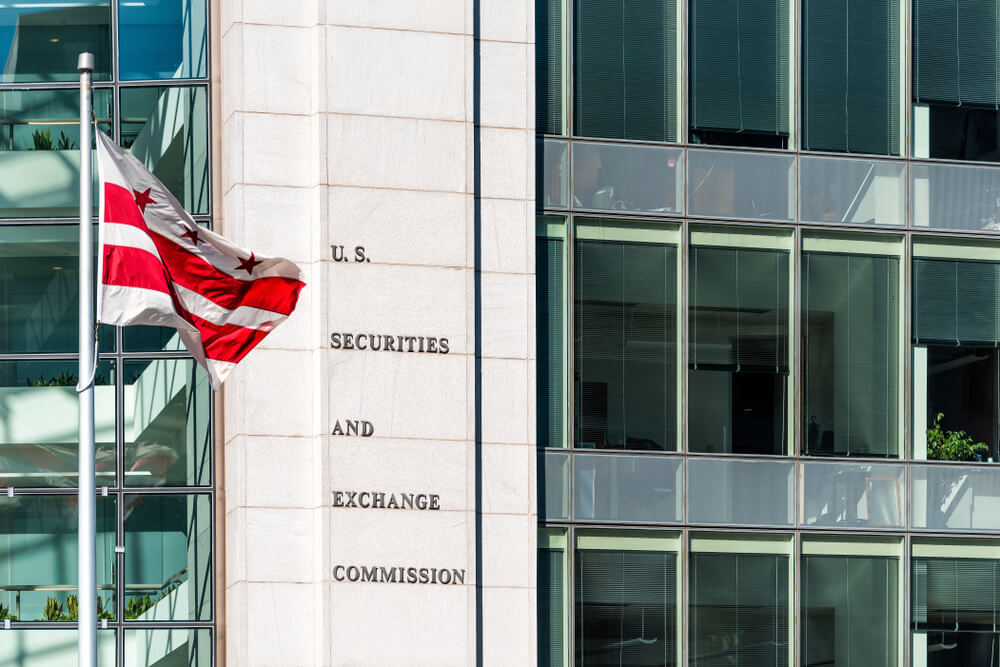The culture wars have come for sustainable investing.
Right-wing politicians at both federal and state levels have started latching onto the well-known term of “ESG” as the new scapegoat for all things wrong with the economy. While ESG refers simply to an assessment framework for risk and opportunity that is widely accepted and growing in popularity among the investor and business communities, anti-ESG pundits have called it everything from “woke” to “leftist” to “the devil incarnate.”
Likely 2024 presidential hopefuls – including former Vice President Mike Pence and Florida Gov. Ron DeSantis – have been among those driving the political attacks on ESG, alongside red state treasurers and legislatures enacting “boycott bills” to limit or restrict state investments in financial institutions with ESG initiatives or strategies.
While based in a campaign of disinformation, the anti-ESG movement is well-coordinated and unlikely to fade from the public spotlight on its own, especially as the political field heats up ahead of November’s midterm elections.
So how is the sustainable investing community – a group accustomed to remaining above the political fray – expected to respond? A growing number of investors, asset managers, state treasurers and other advocates for a more transparent, equitable and accountable economic system have begun to pave the way, detangling the web of half-truths to help set the record straight.
See the trend for what it is: political posturing. Andrew Behar of As You Sow boils down the issue to being “political theater.” Indeed, ESG seems to be the latest right-wing straw man argument designed to incite an emotional reaction, leaving little room for reasoned, nuanced debate.
But those who claim to be anti-ESG are in fact “anti-risk-assessment.” That flies in the face of the laws and regulations governing investing practices.
“Being a fiduciary means that you have taken a vow to look at risk from all sides on behalf of a hard working individual who has entrusted you with their nest-egg,” says Behar.
Some have begun to refer to the anti-ESG movement as “riskwashing,” as these “anti-woke” ideologies take precedence over prudent risk management.
Understand the real-life implications. Many of the claims being made against ESG may be baseless, but the impacts are not. If left unaddressed, the anti-ESG movement “threatens to undo much of the progress made by the impact and sustainable investing communities, and could have tangible negative consequences both on public policy and on people’s lives,” says Chris Jurgens of the Omidyar Network.
Jason Schwartz from The Sunrise Project notes there is energy and momentum among right-wing think tanks and state-level Republican lawmakers around the issue.
“Like they did with Critical Race Theory, the intent is to stitch another paranoid, unhinged grievance into the right-wing identity and to use that as a mandate to govern,” he says. “The immediate impacts will be felt by working families, retirees, and pensioners.”
Some of these consequences are playing out already. Jurgens reflects on efforts in states like Texas and West Virginia to boycott financial institutions based on their climate investment policies, or legislation in other states to ban consideration of ESG factors by public pension plans.
“These actions hurt the retirement savers and taxpayers of those states, and could have a chilling effect on institutional investors’ ESG commitments (like proxy voting),” he says.
Dave Wallack of For the Long Term calls the model legislation by the right-leaning American Legislative Exchange Council that has inspired these state bills “a dangerous attempt to change the rules that govern the responsibilities that fiduciaries have to their beneficiaries.”
Behar adds, “the citizens of Texas will not look kindly on a treasurer who flushed $500 million down the toilet in extra interest for political theater,” pointing to a recent Wharton study about the financial costs of anti-ESG policies.
Push back and reclaim ESG. Effectively countering these trends will require coordinated engagement in both the public policy arena and in the media.
Groups like For the Long Term are working to educate local influencers and leaders in key states about the risks of these ill-informed boycott bills.
“We are activating treasurers and comptrollers in states considering these bills so that they are aware of the Pandora’s box that is being opened by reducing the responsibility that fiduciaries have to their beneficiaries, the massive cost of reducing competition in the state and municipal debt market, and the other unintended consequences of these efforts,” says Wallack.
And while anti-ESG legislation at the federal level has failed to move under current congressional leadership, the politicization of policies addressing climate-related risks and corporate disclosures, alongside recent judicial rulings striking down agencies’ regulatory authority, is indicative of future challenges.
That’s why pushing back also means reclaiming the narrative. According to polling conducted by the opinion research firm GQR, most Americans see the value of ESG in “enabling businesses and investors to make better decisions, and empowering people to shop, work, and invest in ways that align with their values.” These ideals hold true across political divides, especially when it comes to public expectations of how corporations should treat and empower their workers.
In other words, public opinion is on our side – we only need to harness it. According to Jurgens, “uniting the voices of investors, business leaders, the climate and economic justice communities, and other allies to make this case” will be critical.
In building a coalition to defend and reclaim the ESG movement, impact investors must sound the alarm on these harmful developments playing out in the media and in state legislatures across the country. Stay tuned for updates on the field’s response and how to get engaged through ImpactAlpha’s Policy Corner.
Fran Seegull is president of the U.S. Impact Investing Alliance











